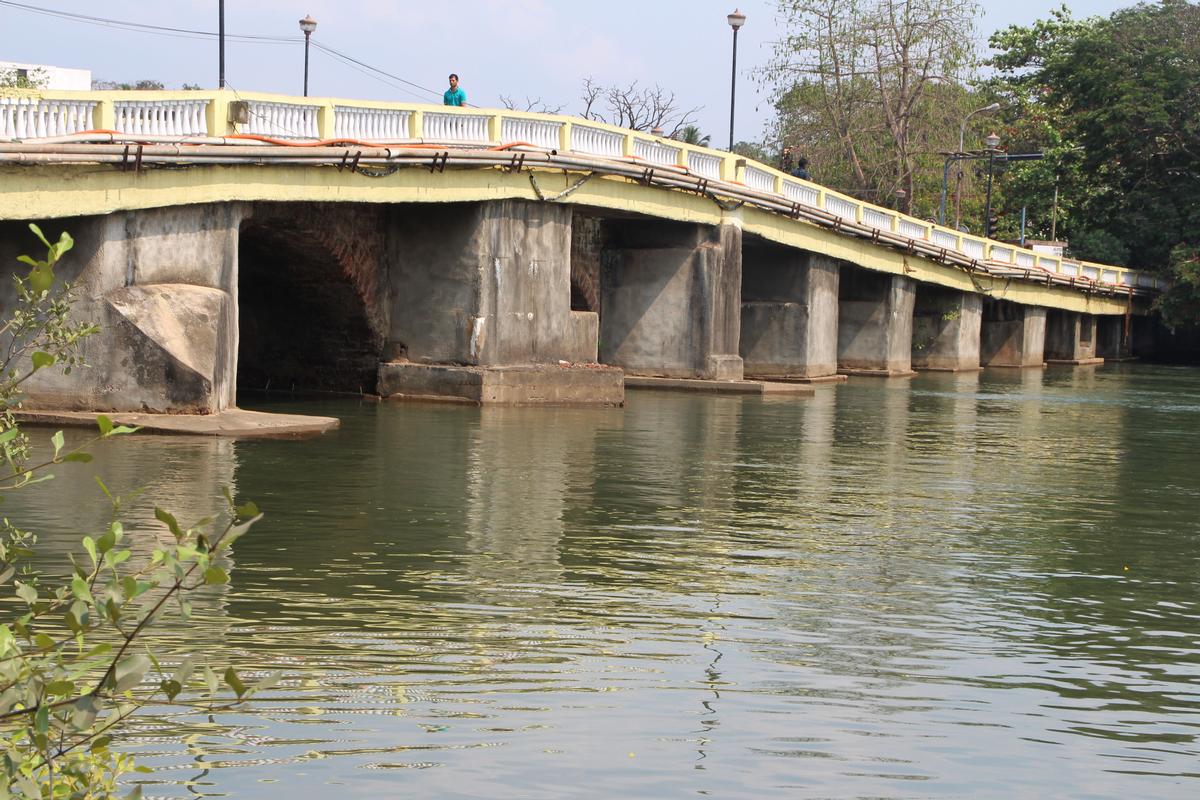
The Portuguese ruled Goa for 451 years and left their mark on every aspect of Goa. However, are we destroying their legacy?
To begin with the ornate and impressive churches that were built by the Portuguese were a mix of various architectural genres such as Gothic, Baroque, Norman, Corinthian as well as other Renaissance era architectural forms which in particular can be seen in all its glory at the World Heritage site in Old Goa as well as in general in the churches and chapels all over Goa. Especially the various altars depict intricate carvings which are unlikely to be emulated. These monuments still bear witness to the opulent and resplendent works of Arts that the Portuguese contributed to Goa. While the bigger churches and monuments are 'protected' many smaller churches have lost their unique features as modernisation, expanding populations, and other commercial factors come into play.
The Portuguese gave us the gift of our Civil Code which has placed Goa in the unique position of having uniform rules, regardless of religion, etc. Unfortunately their excellent crime control is no longer existent. Under their rule, the law and order situation was very well maintained. They were so strict that the crime rate was very low. It is a lesson that the present administration should try to emulate. During the Portuguese regime people at night used to sleep with their doors and windows open even in the dark of night as there were no burglaries taking place and the police network had a grip on the law and order situation which used to send shivers down the spines of anyone wanting to break the law. Now, staying safe from robbers, cheats, online scammers, etc is more a matter of luck and prayer. It's hard to find even one person who has not had the misfortune of losing money or worse through some bad elements. And how many of these issues are resolved by our guardians of law and order? In my personal experience many don't even bother to complain to the police unless they need some record to submit to insurance or for new documents.
Unlike today when land grabbing is the order of the day, during the Portuguese regime the Comunidades were functioning for the good of all the share holders and yearly dividend of the profit earned was distributed as "zonn" to each and every share holder. Today we have at least 300 cases of illegal land grabbing what with the falsification of documents that has soured the fame of Goa that was known for its honesty and integrity as far as land owning was concerned.
Mention has to be made about the water bodies in Goa such as the rivers, lakes, ponds, wells, rivulets as well as the springs at that time which were totally unpolluted. The springs were famous for not only potable water but also because the water had medicinal properties and because the locations drew visitors with their beauty and crystal clear water. In Goa recently 46 fresh water springs have been destroyed in the Mopa plateau in order to make way for another airport which small Goa did not require.
It has also to be kept in mind that traditional forms of livelihoods were being maintained such that the indigenous people had their own forms of arts and crafts and other other traditional occupations. These have now become mostly exotic and rare specialisations as the last generation that actually used these are part of daily life pass away.
To give an example of the engineering expertize of the Portuguese regime it may be stressed that during the 451 years, roads, bridges and forts at various places that were built by the Portuguese used to last for long and many of these constructions are still witnesses of the solidity of the Portuguese constructions. Minimal maintenance is all that was required. However, that does not cost enough to allow for money to be diverted. Hence grandiose plans that are doomed to fail are common for our administration. The collapse of Kala Academy is the latest disgrace.
Panjim which was the capital city in the later reign of the Portuguese had a very impressive underground network of drainage system that then during the later years was destroyed to make way for the construction of various buildings.
Panaji had no incidents of flooding during the Portuguese regime even when the quantum of rainfall was high unlike now when several areas in the capital city are submerged in at least a foot of water with even one heavy shower.
The Portuguese used also to run what was then called as the "Casa do Povo" meaning 'home of the people' where those who could not afford it were given food and shelter. Taking care of its weakest citizens is the mark of an advanced society. Is it any wonder that we are taking huge steps backward in this aspect as well?
The present dispensation which is performing so pathetically should take a leaf from the Portuguese style of governance and emulate their good aspects instead of criticize them while letting everything go downhill.